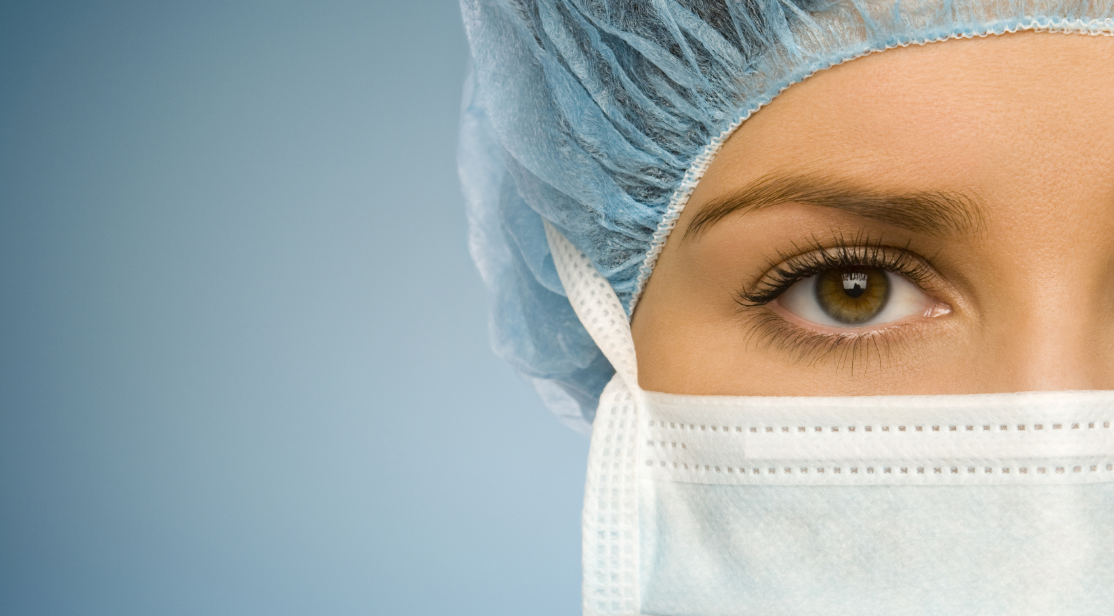Antibody Purification Services

When you are looking for a partner to assist you with your antibody purification needs, Inotiv is there to assist you in developing the most appropriate antibody purification procedure for your research program. We are dedicated to customer service and can help you determine which purification process will provide you with the best balance among yield, purity, and cost.
Inotiv can purify your monoclonal and polyclonal antibodies utilizing a wide array of protein purification methods from research (mg) to scale-up (grams) quantities. We also offer low endotoxin production for in vivo use.
By using our purification service in conjunction with our custom monoclonal antibody development and production, you benefit from a complete and responsive service that is committed to your success.
Want to discuss our purification process? To get started, we will send you a questionnaire that will help us determine your requirements.
-
Protein G affinity chromatography
-
Protein A affinity chromatography
-
Ion-exchange chromatography (anion and cation)
-
Hydrophobic interaction chromatography
-
Antigen affinity
-
Size exclusion chromatography
-
Ammonium sulfate precipitation
Purification methods are determined by the source of your sample tissue and the antibody you are eliciting from the procedure. The following describes our purification procedures and details what you can expect from us.
1) Ammonium sulphate precipitation
This method is useful for concentration and partial purification of antibodies from most sources and all species. Although on its own, the yields of antibodies are impure, it is the method of choice when combined with ion exchange for large volumes of antisera. It is not recommended for purification of tissue culture supernatant.
2) Protein A
This process binds the Fc region of major sub-classes of mouse and rat immunoglobulin to varying degrees. The results with protein A are usually high purity and high yields. It is useful for large-scale purifications of tissue culture supernatants.
3) Protein G
Protein G can be used for purifying antibodies from most sources. Like protein A, the results are usually of high purity and high yield. It is applicable to a wider range of immunoglobulins than protein A, but elution procedures can be much harsher.
4) Ion exchange chromatography
This method is used for all sources of antibodies. It is applicable to all immunoglobulin isotypes.
5) Ig affinity
This method can be used to isolate mouse IgM and IgG3, and for isolating monoclonal antibodies from supernatants which contain high levels of serum Ig.
6) Antigen affinity
This is the method of choice when a specific antibody is required from polyclonal antisera. It requires pure antigen for the best results and can sometimes result in an inactive antibody.
7) Size exclusion
This method is appropriate for IgM antibodies from all sources. It is used when IgM antibodies need to be separated from polyclonal antisera. It is not recommended as a single stage.

Customer experiences
 When you work with Inotiv, you can be confident that through our experience, we ensure consistent and reliable products for research and industry.
When you work with Inotiv, you can be confident that through our experience, we ensure consistent and reliable products for research and industry.
Discover how Inotiv helps companies in providing custom antibody services, click here to read more.
Get in touch — Contact our antibodies and bioproducts team
At Inotiv, we are dedicated to helping you secure the potential of your product by providing you with a comprehensive selection of research animals. Our experts are ready to assist you.
If you have a more general inquiry click here to get in touch — general inquiry form.
- North America
- Tel: +1 800 972 4362
- Bioproducts / antibodies: bioproducts.na@inotiv.com
- Asia, Europe and other countries
- Tel: +44 (0)1869 243 241
- Antibodies: antibodies.eu@inotiv.com
- Bioproducts: biologicals.eu@inotiv.com

Scientific Insights
Keep up-to-date with the latest industry thinking and scientific insights
Explore Today Explore Today



